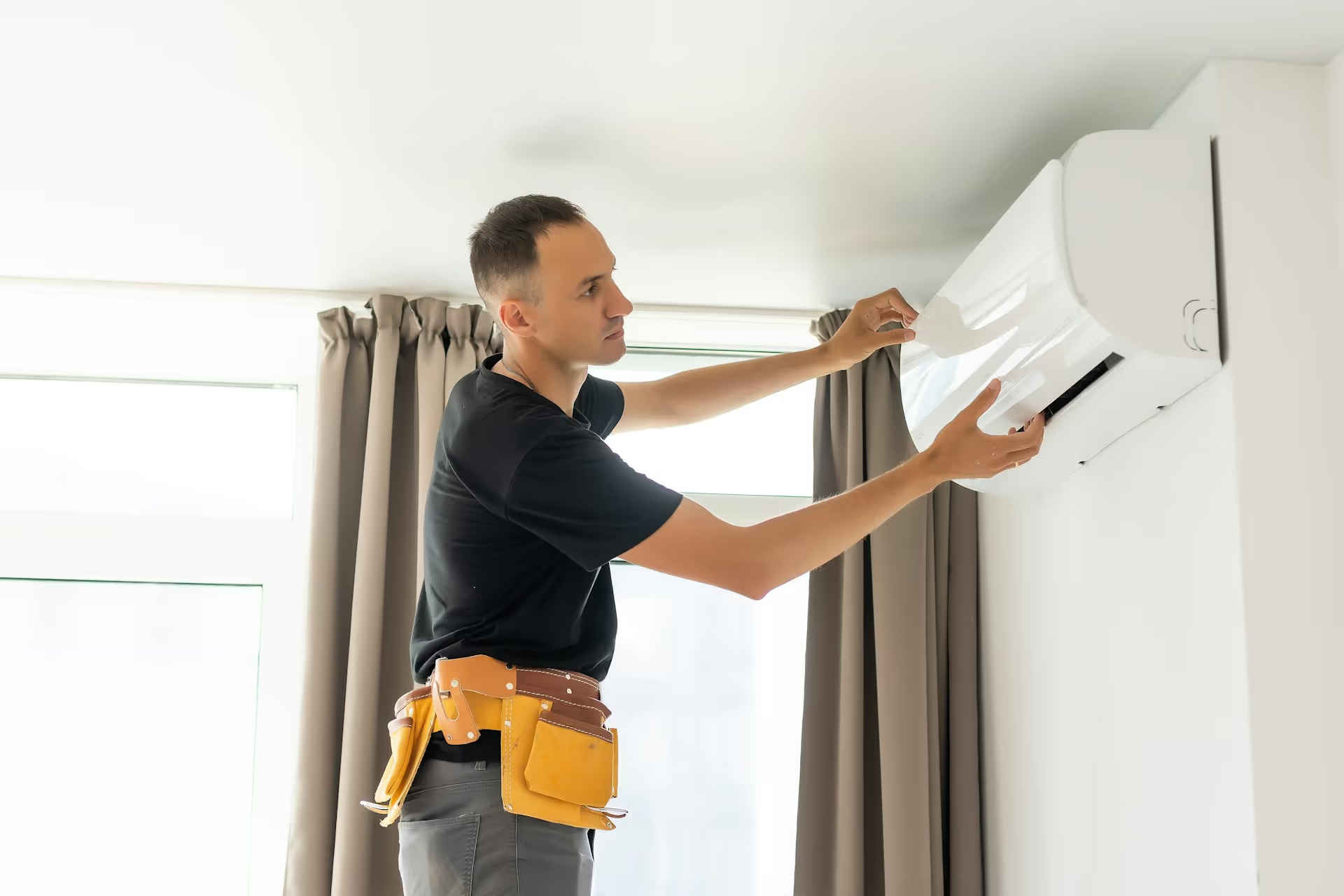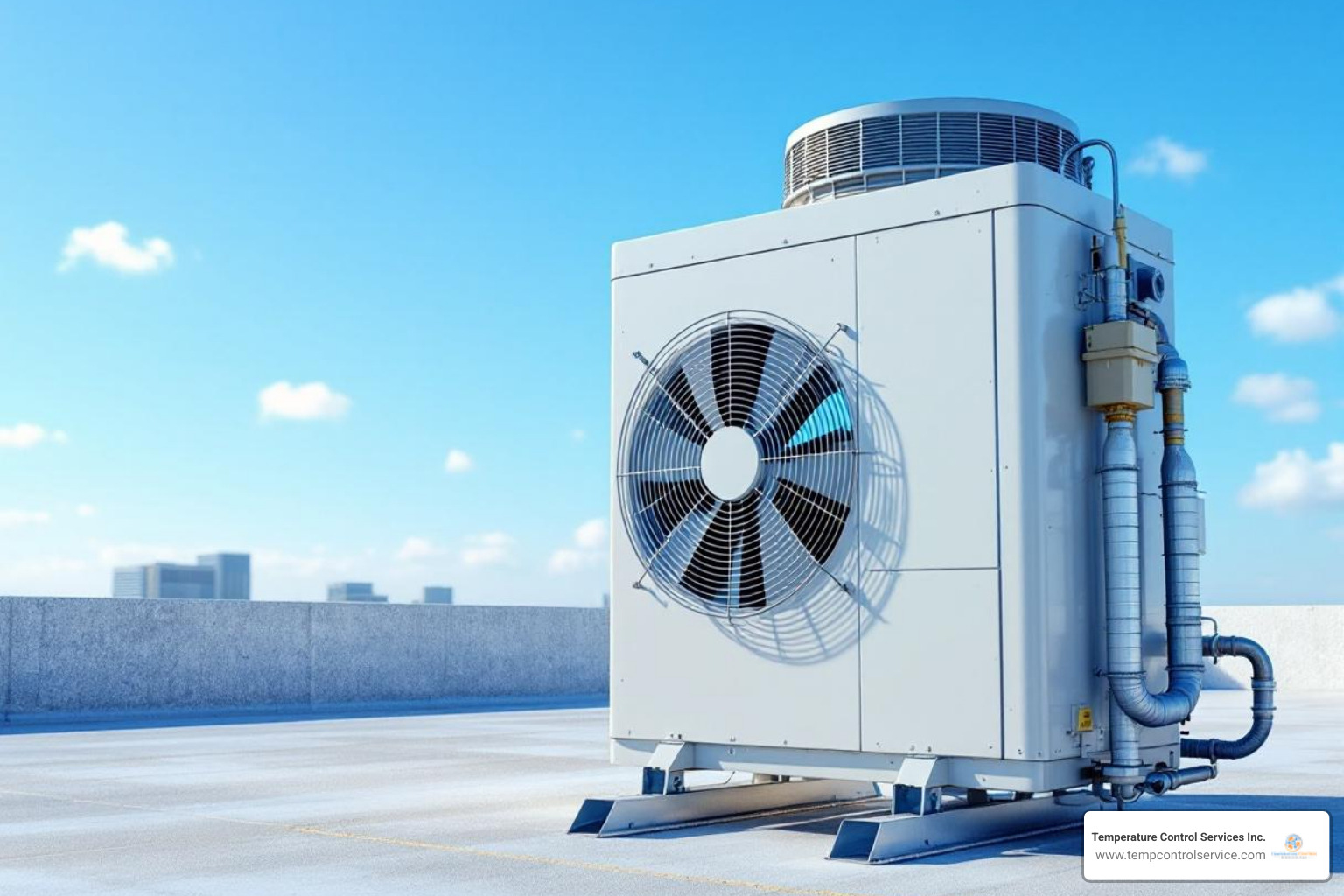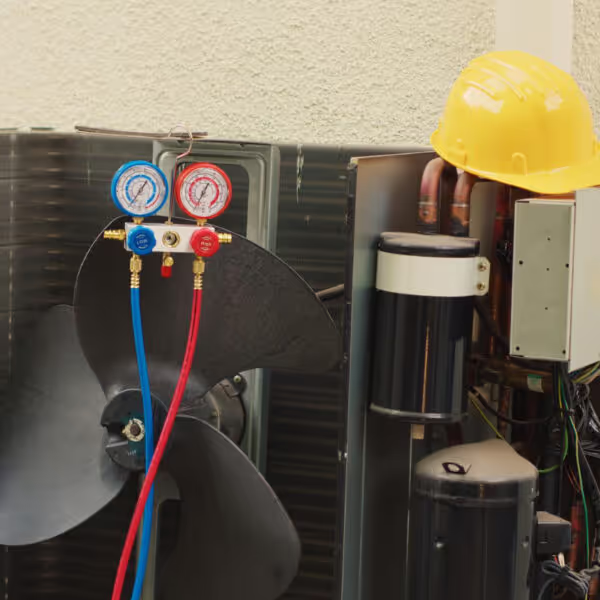
Turning on your AC in the middle of an Oxford summer should bring relief from the heat. But what happens when instead of cool air, you’re greeted with the smell of something burning? That odor can be alarming, and for good reason. It’s not just unpleasant—it’s often a sign that something inside your system isn’t working right. While one-time occurrences might be harmless, repeated or lingering smells should never be ignored.
AC units are built for performance and safety, but like any mechanical system, problems can develop over time. Whether it's a buildup of dust or a struggling fan motor, a burning smell is your system’s way of letting you know that it needs attention. Knowing what might be causing that smell and what to do next can help prevent bigger issues, reduce stress, and protect your home's comfort.
Common Causes of a Burning Smell in Your AC
There are a few different reasons your AC might smell like burning, and while some are minor, others can point to serious damage. Getting familiar with these possible causes can help you understand the problem quicker and take the right steps before it worsens.
1. Electrical Issues or Short Circuits
Wiring problems are one of the most common causes of a burning smell. Frayed wires or loose connections can overheat, and the smell of melting plastic or wiring insulation is easy to recognize. These types of issues should not be ignored, as they can grow into larger safety risks.
2. Overheating Motor or Fan
Your AC relies on internal motors to push air through the system. If one of those motors is overworked from dirt build-up or a failing component, it can overheat. That can create a rubbery or hot mechanical smell as parts heat up more than they should.
3. Dust Burn-Off
If you're turning on your AC for the first time after it’s sat unused for a while—like after an extended cool period—dust may have settled onto the heating components or blower. The slight burning smell that follows the first cycle usually comes from dust being burned away by the components awakening after inactivity. That usually resolves quickly, but if it sticks around, something else may be going on.
4. Worn-Out or Failing Components
Internal parts wear down over time. A damaged capacitor, failing blower motor, or worn-out belts can all cause friction or heat, creating smells that lean towards burning rubber or hot plastic. One Oxford homeowner noticed a burning smell coming from the vents, and it turned out a belt had slipped and was rubbing against another part, producing unwanted heat and smell.
It is important to remember that these smells are not just annoying—they can serve as an early warning sign of mechanical problems. If you notice a persistent burning odor, even if your system seems to be cooling fine, a deeper issue may be developing.
Safety Precautions to Follow
Catching signs early is important, but so is knowing what to do the moment that burning smell hits your nose. Here are a few steps you can take right away:
- Turn off your AC immediately. This helps prevent further damage and eliminates the risk of electrical fires or motor failure.
- Avoid using the unit again until it's been checked by one of our technicians. Continuing to operate your AC when something is wrong can cause more damage or put your home at risk.
- Open windows and doors to ventilate your space. This helps clear out any lingering smells and lowers indoor air irritation from the fumes.
- Check your vents and the area around the unit to make sure the smell isn’t coming from a different source. Sometimes smells from nearby appliances or systems can get pulled into your airflow.
These steps are simple but effective in helping reduce the immediate risks that come from a compromised system. Following them can protect your system, your home, and everyone in it while giving our professionals time to inspect and fix the root of the problem.
How Our Professionals Diagnose and Repair the Issue
Once the AC has been shut off and the burning smell identified, the next step is a detailed system check by trained technicians. Our professionals conduct a full inspection of both indoor and outdoor AC components. That includes checking electrical connections, motors, and internal wiring. With burning smells, even small signs of damage like singe marks near wire terminals or heat exposure on the casing can point to bigger electrical problems.
Our technicians look for signs of overheating, loose fittings, or jammed fan blades that can cause friction. If they notice belts or motors that are worn down, those parts are removed and replaced to avoid future damage. Dirty motors or fans may be cleaned using safe, approved methods that do not harm the unit. All of this takes place before the system is tested again for safe operation. If electrical parts are involved, they are checked for proper voltage and repaired as needed.
Here’s what is typically included during this diagnostic and repair process:
- Checking and tightening wire connections
- Testing capacitors and relays
- Replacing worn belts or motors
- Cleaning motor components and fans
- Inspecting for heat damage near electrical boards
- Verifying that vents and airflow are not blocked
One Oxford home had an AC unit giving off a strong burning odor every time it cut on. The technicians discovered the blower motor had seized due to wear and dust build-up. Replacing the motor and cleaning the blower compartment stopped the smell entirely and restored smooth airflow through the home.
These types of repairs are not just about fixing the smell—they help ensure your AC is running safely and efficiently. Left unchecked, many of these issues could lead to full system failure or even create risks like electrical fire.
Preventative Measures to Avoid Future Odors
Most AC odors caused by burning can be avoided with some basic maintenance and awareness of early warning signs. Skipping maintenance is one of the main reasons small electrical or mechanical issues grow unnoticed. Planning ahead keeps risks low and helps your system last longer.
Here are several simple ways to prevent burning smells from returning:
- Replace air filters regularly to prevent dust build-up inside the blower and motor compartment
- Schedule professional maintenance before every peak summer season to check for early wear
- Keep AC vents and unit areas clear of obstructions and items that can limit airflow
- Listen for strange sounds like humming, buzzing, or grinding when the unit starts up
- Don’t ignore flickering lights or tripped breakers when the AC kicks on—these often point to electrical stress
- Always have your unit inspected after long periods of non-use, especially if stored in dusty spaces like attics
When these steps are taken seriously, you reduce the chance of unexpected repairs or emergency risks. While homeowners in Oxford can clean vents or replace filters, anything involving mechanical or wiring issues should always be handled by trained professionals.
Ensuring a Safe and Comfortable Home Environment
When an AC system gives off a burning smell, it is often more than just a temporary inconvenience. In some cases, it is a direct sign of failing parts or internal overheating that needs fast attention. Acting quickly protects your home and reduces the risk of expensive breakdowns or electrical hazards. A system that smells like it is burning will rarely fix itself with time—it usually gets worse.
Fixing these problems early also helps maintain steady indoor air quality. When dust, wire coating, or belt rubber burn off, they release particles into your airflow that you do not want circulating in your home. Prompt, professional repair restores clean operation and gives you peace of mind that your cooling system will hold up during Oxford’s hottest days.
With the right inspections and regular care, you can keep your AC running safely and reliably year after year. Ignoring the warning signs leads to larger damage, but knowing how to respond—and who to call—makes all the difference.
For a professional inspection and repair that addresses burning smells and other AC issues, trust Temperature Control Services Inc to help keep your system running safely in Oxford. When you notice any warning signs, scheduling prompt AC repair in Oxford can prevent larger problems and ensure continuous comfort. For a quick estimate or to book a service visit, please contact us today.













.svg)